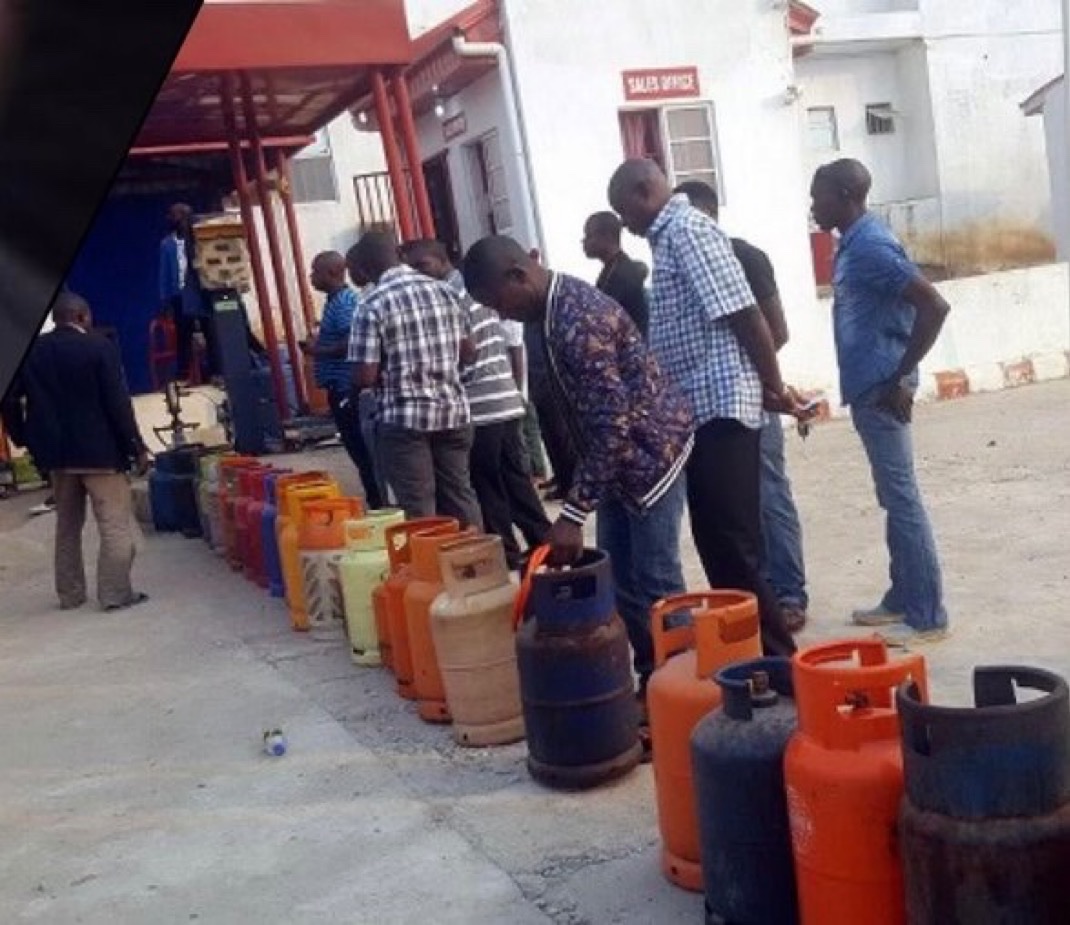In a significant diplomatic development, the United States Congress has proposed a legislative measure seeking visa bans and asset freezes against leaders of the Miyetti Allah Cattle Breeders Association of Nigeria (MACBAN) and the Miyetti Allah Kautal Hore, citing alleged involvement in severe religious freedom violations across Nigeria’s Middle Belt region.
The bill, spearheaded by U.S. Representative Christopher Smith, is part of a broader push to hold non-state actors accountable under the framework of the Global Magnitsky Act — a law empowering the U.S. government to sanction foreign individuals or organizations involved in human rights abuses.
According to the proposal, the sanctions would include restrictions on travel to the United States and the freezing of financial assets linked to individuals and groups accused of orchestrating or enabling religiously motivated violence in Nigeria. The resolution also calls for the formal designation of Nigeria as a “Country of Particular Concern” (CPC) under the International Religious Freedom Act, a status reserved for nations engaged in or tolerating severe violations of religious liberty.
The congressional motion further recommends that the U.S. Department of State list Fulani-ethnic militias, MACBAN, and Miyetti Allah Kautal Hore under the category of “Entities of Particular Concern” (EPC) — a classification that targets non-governmental organizations accused of systematic persecution or religious intolerance.
Diplomatic Implications
The proposal has generated widespread attention in diplomatic and political circles. Should it be adopted, the resolution could strain Nigeria’s relations with Washington, potentially affecting security cooperation, foreign aid, and intelligence partnerships between both nations.
While the resolution is still at the proposal stage, U.S. lawmakers behind the initiative insist it sends a strong message to groups accused of religiously motivated violence, urging accountability and justice for victims of sectarian attacks in Nigeria’s northern and Middle Belt states.
The move also reflects growing international concern over reports of attacks on Christian communities and religious minorities, often linked to clashes between herders and farmers in Plateau, Benue, Kaduna, and Nasarawa states.
Nigerian Government Reacts
In reaction to the development, Nigerian authorities have maintained that the country remains committed to protecting freedom of religion and upholding constitutional rights for all citizens. Officials emphasized that the government is “not in panic mode” and has begun diplomatic engagement with the U.S. to address the concerns raised.
Presidential sources quoted that President Bola Ahmed Tinubu’s administration is aware of the proposal and is working through official diplomatic channels to prevent any misrepresentation of Nigeria’s domestic security challenges.
The government reiterated its ongoing efforts to curb farmer-herder conflicts and bring stability to affected regions, stressing that such conflicts are often socio-economic rather than purely religious in nature.
Broader Context
The renewed scrutiny from the United States comes amid Nigeria’s recent redesignation as a “Country of Particular Concern” under the U.S. International Religious Freedom Act — a move that underscores Washington’s unease about persistent reports of sectarian violence and limited prosecution of offenders.
If the sanctions are implemented, members of MACBAN and affiliated organizations could face travel restrictions, financial scrutiny, and loss of access to international funding or assets linked to U.S. financial institutions.
Diplomatic observers note that while the proposal remains in Congress, it highlights a growing trend of international actors viewing Nigeria’s internal conflicts through a human rights and religious freedom lens — rather than purely as security or ethnic disputes.
Conclusion
As Washington debates the resolution, questions linger over how Nigeria’s government will balance its domestic security policies with increasing global pressure for accountability.
Whether the proposed sanctions become law or remain a symbolic gesture, the development signals a deeper shift in U.S.–Nigeria relations and raises concerns over how external political actions could reshape the narrative around internal conflicts in Africa’s most populous nation.



